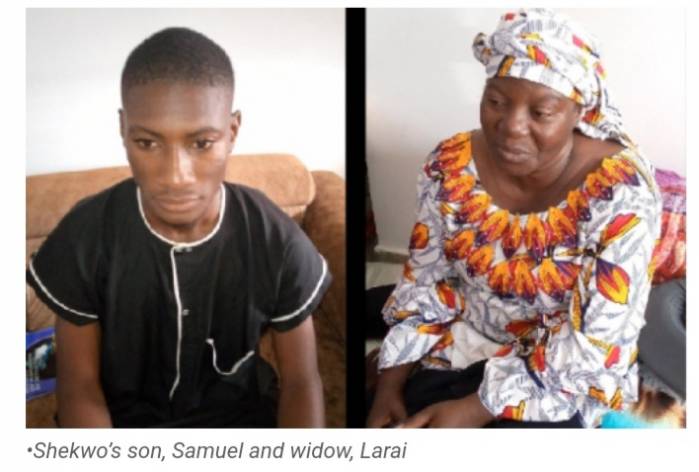Testing half the population weekly with cheaper, rapid COVID-19 tests could drive the virus towards ‘extinction’ within weeks, Harvard researchers have shown.
Harvard researchers modelled several scenarios using rapid tests – in one, where 4% of individuals in a city were infected, rapid testing three out of four people every three days reduced the number ultimately infected by 88 percent.
The researchers say it was “sufficient to drive the epidemic toward extinction within six weeks.”
The government is set to announce major testing programmes for areas of England in the highest tier of coronavirus restrictions after the second lockdown ends.
The key lies in the ability of rapid tests to stop asymptomatic people spreading the virus, the researchers say.
Co-author Professor Michael Mina says, “These rapid tests are contagiousness tests. They are extremely effective in detecting COVID-19 when people are contagious.”
Mina suggested that the government sends simple, cheap DIY tests to every home in the United States.
Even if half of Americans tested themselves weekly and self-isolated if positive, the result would be profound, he said.
“Within a few weeks we could see this outbreak going from huge numbers of cases to very manageable levels,” Mina said.
READ ALSO: Lekki Shooting: Group Asks CNN To Apologise For Unprofessional Reporting
Our big picture finding is that, when it comes to public health, it’s better to have a less sensitive test with results today than a more sensitive one with results tomorrow,” said lead author Daniel Larremore, an assistant professor of computer science at CU Boulder.
“Rather than telling everyone to stay home so you can be sure that one person who is sick doesn’t spread it, we could give only the contagious people stay-at-home orders so everyone else can go about their lives.”
On Monday, Boris Johnson will announce that rapid testing with military support, used already in Liverpool, will form part of the system.
As part of the plan, repeat testing will be offered so close contacts of people with coronavirus may not have to self-isolate.












